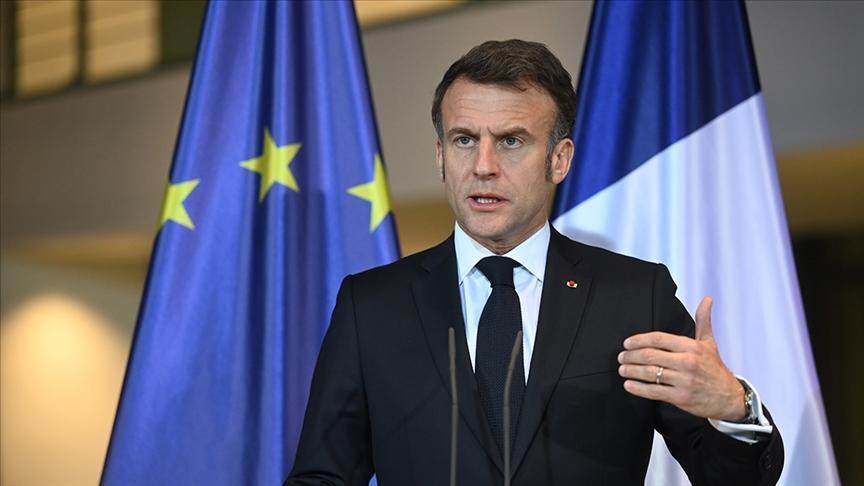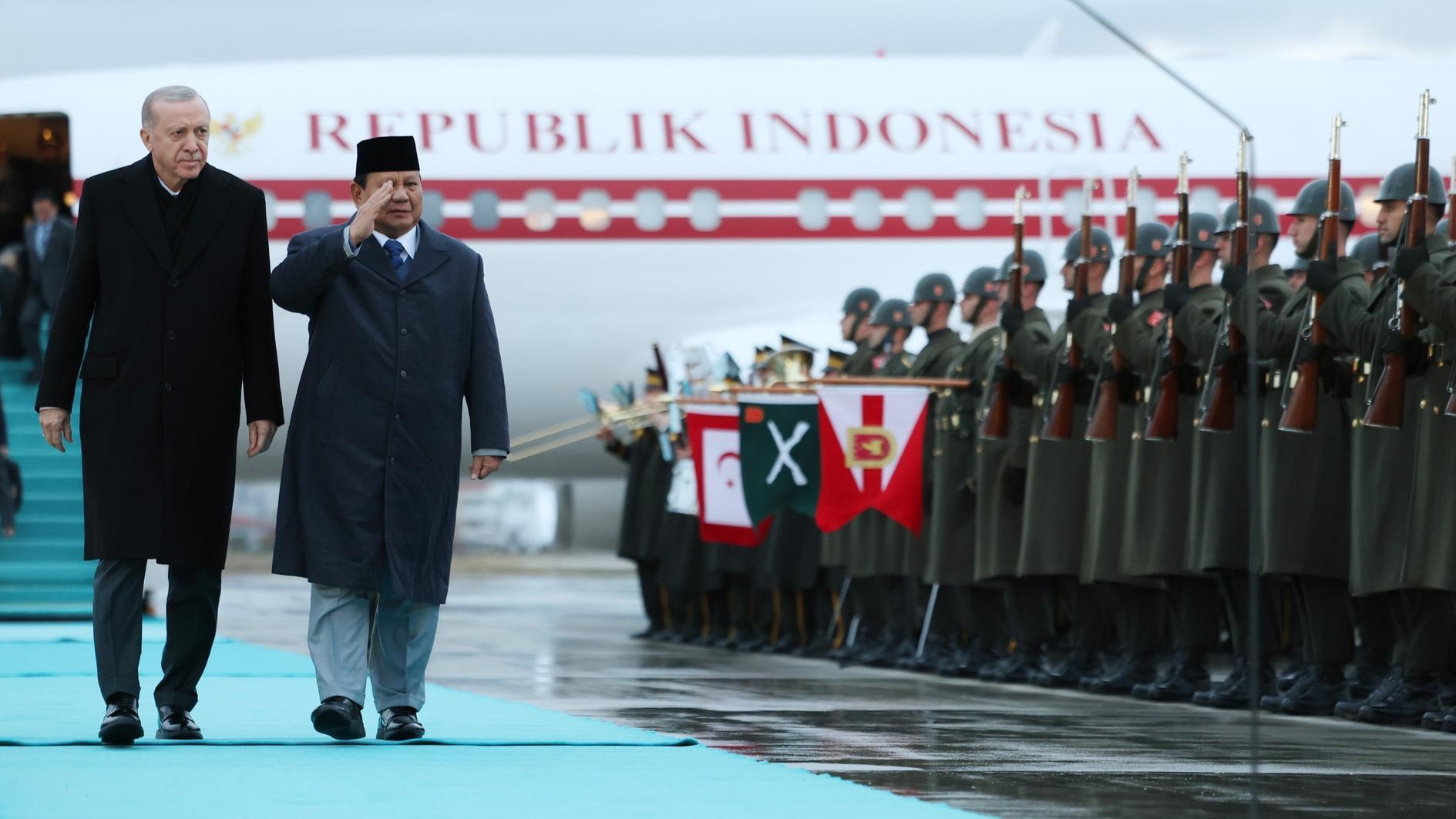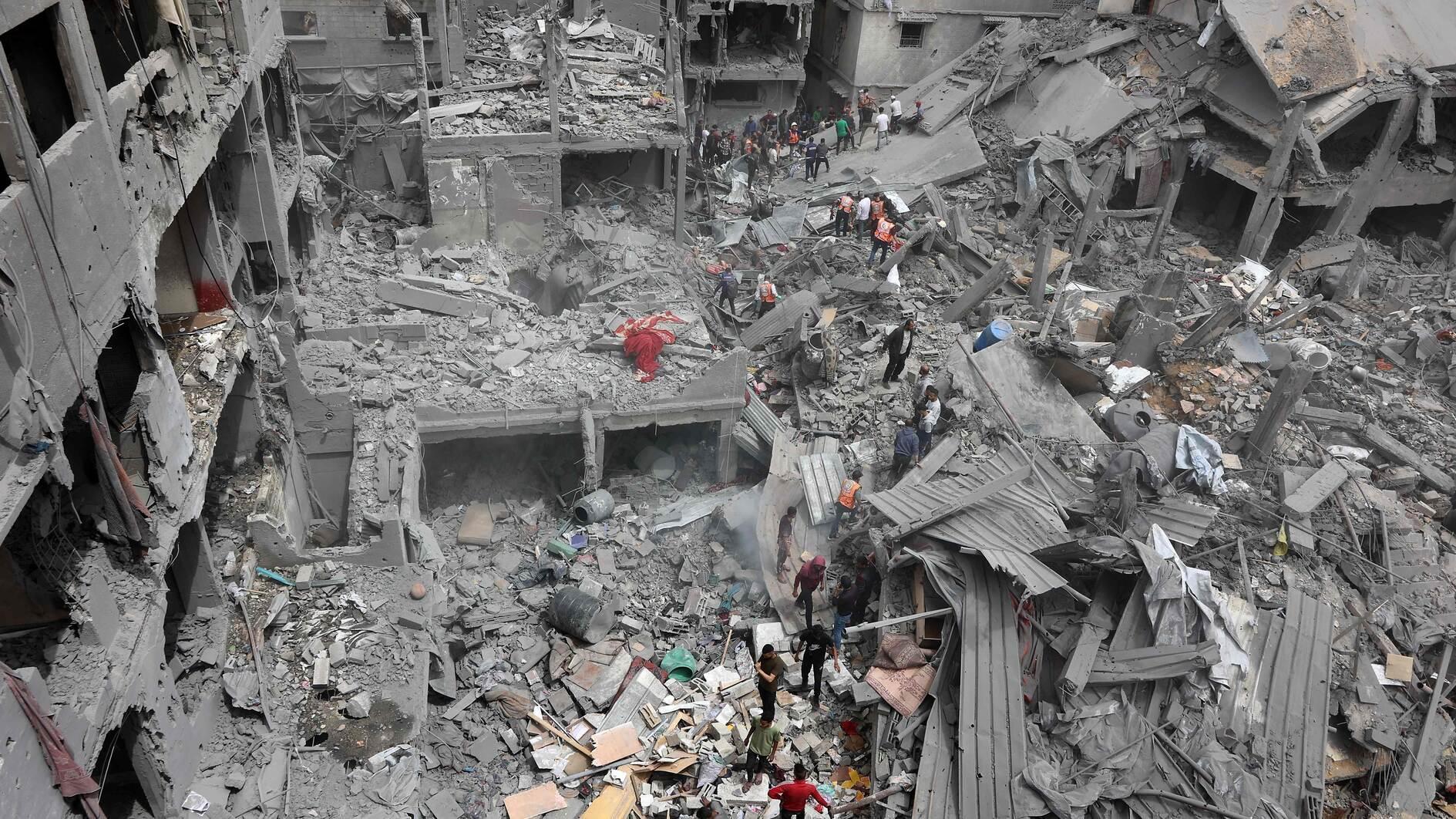Who is friend, who is foe in Syria?
A well-known maxim of international relations tells us there are neither permanent friends nor foes and it follows that the history of international relations is full of the examples of strange bedfellows. Nevertheless, Turkey’s position on Syria is more complicated and challenging. Although Turkey has been part of the last Tehran meeting on Syria as one of the three powers along with Russia and Iran, Turkey’s view on Syria differs from the other two. That is why it took less than a day to witness the consequences of the differences among Turkey, Iran and Russia, as Russia did not refrain from continuing its military operation in the Idlib province.
The first complication derives from the fact that on one hand, Turkey’s foreign policy is becoming closer to Russia and Iran as the country drifts away from the so-called Western alliance. On the other, Turkey’s position on the fate of Idlib is closer to the United States and the Western alliance in general.
Turkey is critical of the military operation in Idlib not only because of its concern for civilian casualties or about the possibility of mass immigration to Turkey, but also because the president and its government refuse to acknowledge Assad as the legitimate sovereign. On the contrary, they do not agree on the definition of “terrorists.” Russia and Iran are allies of Syrian President Bashar al-Assad and define all armed groups as “terrorists,” whereas Turkey still calls some “resistance” groups. As a result, Turkey is inclined to protect the status quo in Idlib as a shelter for the “legitimate opposition” and has called for total a ceasefire to no avail.
In fact, Turkey is all alone since it also differs from U.S. policy on Syria concerning the U.S. support of Kurdish forces in northern Syria. Finally, Turkey is neither an ally with the U.S.-Western coalition nor the Russian-Iranian alliance. The complexity begins with the story of Turkey’s involvement in Syria as Turkey allied with U.S.-Western policy of regime change and has been encouraged by its allies to heavily engage with the so-called “opposition.” Western policy on Syria since then has dramatically changed and Turkey’s efforts have started to be defined as “helping Islamic terrorists in Syria.” Turkey was even labelled a “jihadi highway” after the end of 2012.
After lots of twists and turns, Turkey decided to ally with Russia and Iran, but it has been an uneasy cooperation since Russia and Iran are allies with al-Assad and have engaged militarily in Syria to rescue Assad from losing Syria to Western-allied Islamists. In the beginning, cooperation with Turkey proved useful for Russia and Iran as long as Turkey helped the transfer of armed groups from Aleppo and elsewhere to Idlib. For Turkey, the alliance has been fruitful since Russia did not object to the Turkish military operation in northern Syria against the threat of a Kurdish corridor along its southern border.
Nevertheless, stakes for all parties are starting to divert from each other in Syria and the prospects of cooperation with Russia and Iran are becoming more challenging. The other difficulty for Turkey concerning its relations with Russia and Iran arises from the fact that Turkey has no interest in supporting U.S. sanctions in these two countries.
On the contrary, Turkey is an energy dependent country and finally, we have economic crises. Under the circumstances, we need to have friendly relations with Russia and Iran but at the same time, we are facing a difficult situation as a result of their military support for the Assad regime to evacuate all armed groups in Idlib. The shortcomings of Turkey’s foreign policy in the last decade have started to hurt us recently more than ever.











